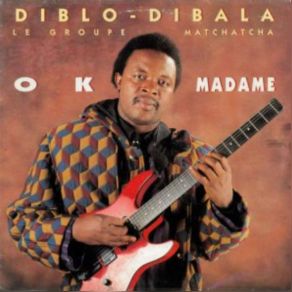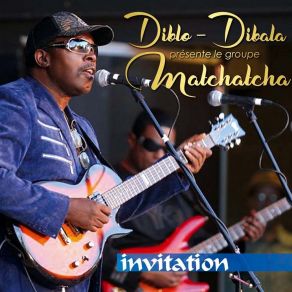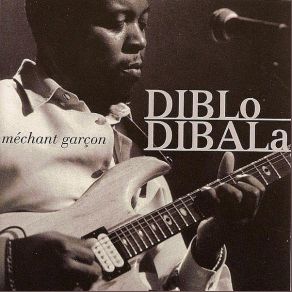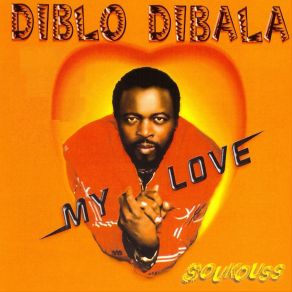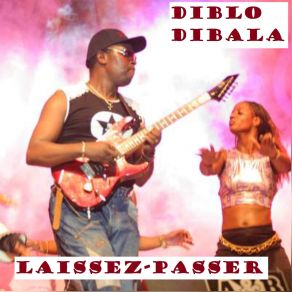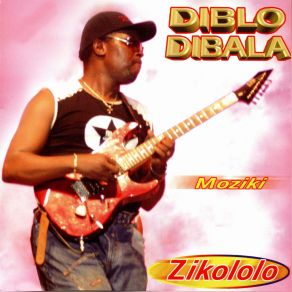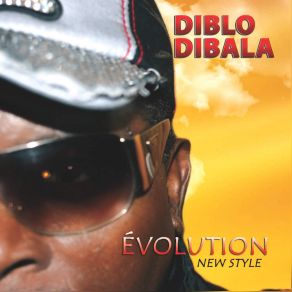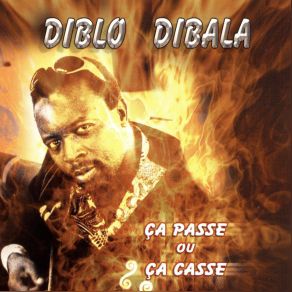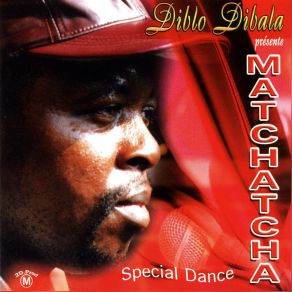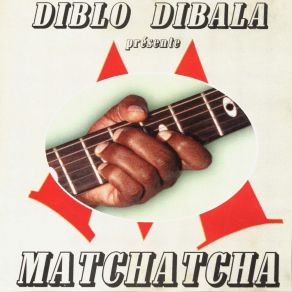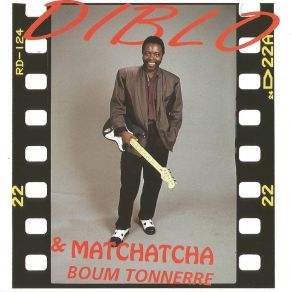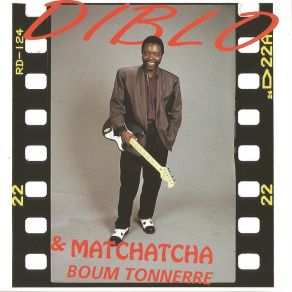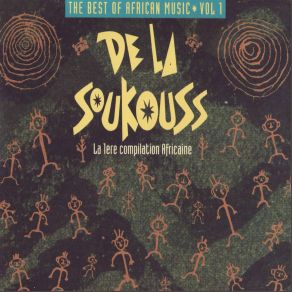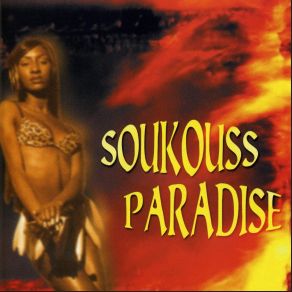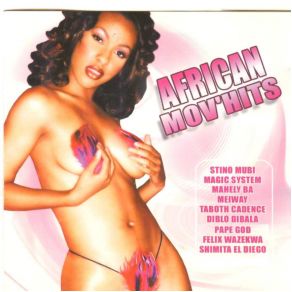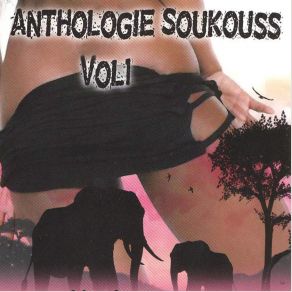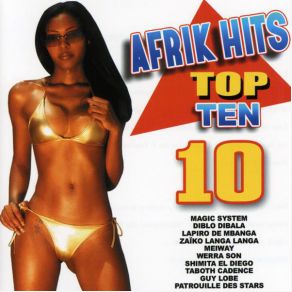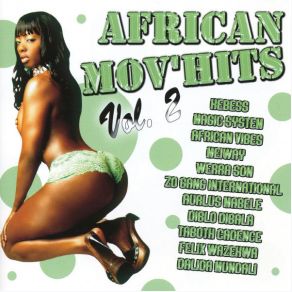Diblo Dibala
Wikimp3 information about the music of Diblo Dibala. On our website we have 14 albums and 17 collections of artist Diblo Dibala. You can find useful information and download songs of this artist. We also know that Diblo Dibala represents World Music genres.
Biography
[Edit]A virtuosic approach to the guitar has made Diblo Dibala one of the top instrumentalists of modern African music. Dibala's '80s recordings with soukous vocalist Kanda Bongo Man made him an internationally recognized star. While his band, Loketo, featuring vocalist Aurlus Mabele, failed to match the success of his collaboration with Bongo Man, Dibala rebounded with a new group, Matchatcha. A native of Kisangani, Congo (now Zaire), Dibala moved at the age of six to Kinshasa. Beginning to play guitar at the age of 12, he quickly advanced on the instrument. Within three years he was playing well enough to almost beat Zaire's top guitarist, Franco, in a competition. Franco was so impressed by his playing that Dibala was invited to join his group, the T.P.O.K. Band. Dibala remained with the group for only a short period, going on to play with Vox Africa, Orchestra Bella Mambo, and Bella-Bella.
Leaving Zaire in 1979, Dibala temporarily settled in Brussels. Two years later, he continued on to Paris, where he discovered a thriving soukous scene. Hooking up with Kanda Bongo Man, he played a major role in the success of the 1981 album Iyole. Dibala's playing on the album soon made him a much in-demand session player. Although he assembled his own group, Loketo, Dibala's laid-back personality clashed with the band's lead vocalist, Aurlus Mabele.
In the aftermath of Loketo's disbanding, Dibala formed a new group, Matchatcha. Named after "a flower that produces an itch," Matchatcha featured ex-Loketo members Freddy de Majunga on rhythm guitar, Miguel Yamba on bass, and dancers Antoinette Yelessa and Joella Esso. The band was enlarged with the addition of drummer Komba Bello Mafwala and vocalists Fede Lawu and Otis Mbute. Matchatcha have subsequently undergone a series of personnel changes. Majunga and Lawu were replaced in 1992 by French rhythm guitarist J.P. Kinzaki and vocalists Dely Mpeletu and David Mondo. Yamba was replaced, later the same year, by bass player Fellyko, who was subsequently replaced by Djo Mali in 1994, and conga player Serge Bimangou was added. Although continuing to experience personnel changes through the years, Matchatcha under the leadership of Diblo Dibala continued playing their infectious and energetic brand of soukous into the 21st century.
Collections
Title: Soukouss autoroute, vol. 4
Genre: World Music
Title: Afriçan Sound Party / African Sound Party
Genre: World Music
Title: Soukouss Paradise
Genre: World Music
Title: 200% soukouss 100% tubes
Genre: World Music
Title: Afriçan Mov'hits / African Mov'hits
Genre: World Music, Pop
Title: African Move'Hits
Genre: World Music
Title: African Mov'hits
Genre: World Music
Title: Anthologie soukouss, vol. 1
Genre: World Music
Title: Le meilleur du soukous, vol. 1
Genre: World Music
Title: Afrik Hits Top Ten
Genre: World Music
Title: Africa Wanted (Vol. 3)
Genre: Pop
Title: Afrik Hits Top Ten
Genre: World Music, Pop
Title: African Mov' Hits Vol. II
Genre: World Music
Title: Top Africa
Genre: World Music
Title: Discobaar A Moeder - Swaffelrock
Genre: Soul

